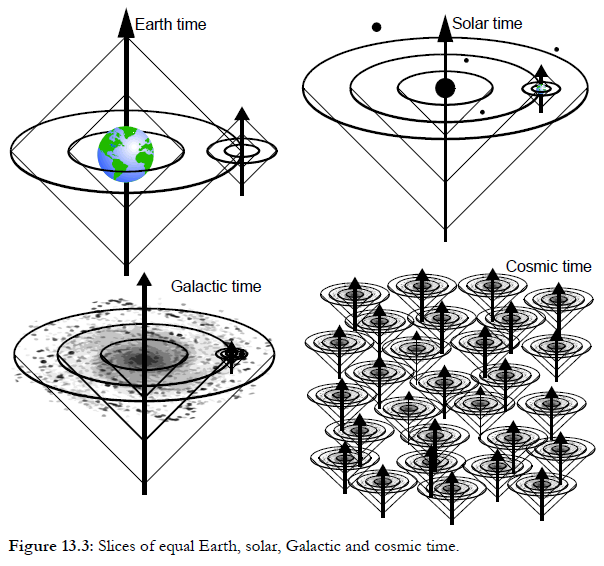Einstein’s relativity rejects the notion of a universal ‘now’ moment. It underlines how the concept of ‘now’ is compromised due to time passing at differing rates in differing frames of reference, depending on such things as local gravitation or the acceleration of a body at high speed. Some other reasons I have seen explain why the ‘now’ moment is not consistent for all observers, is due to the differing time it takes for light to travel to each observer. So in effect each observer sees the same event happening at different times.
However in my mind these are practical problems that occur when trying to agree and measure a synchronised moment in time. These circumstances of time flowing at varying rates or the time it takes light to travel from an event to different observers, in my view does not stop a theoretical synchronised‘ now’ moment in time. Of course we understand that when we look up at the sky at night we are not looking at the stars as they are now, but as they were many thousands of years ago.
As a thought experiment if one could stop time in an instance across the universe, would that not represent a common now moment? A crude analogy would be three water wheels sitting alongside each other. Each wheel is fed by a stream which is running at a different rate. The wheels are turning at different speeds (just as time can flow at differing rates). However when all three wheels are stopped, that is the ‘now’ moment. I understand this is in the same frame of reference, but it is the concept I am interested in. Please can someone explain in a non mathematical way why my perception is wrong.

